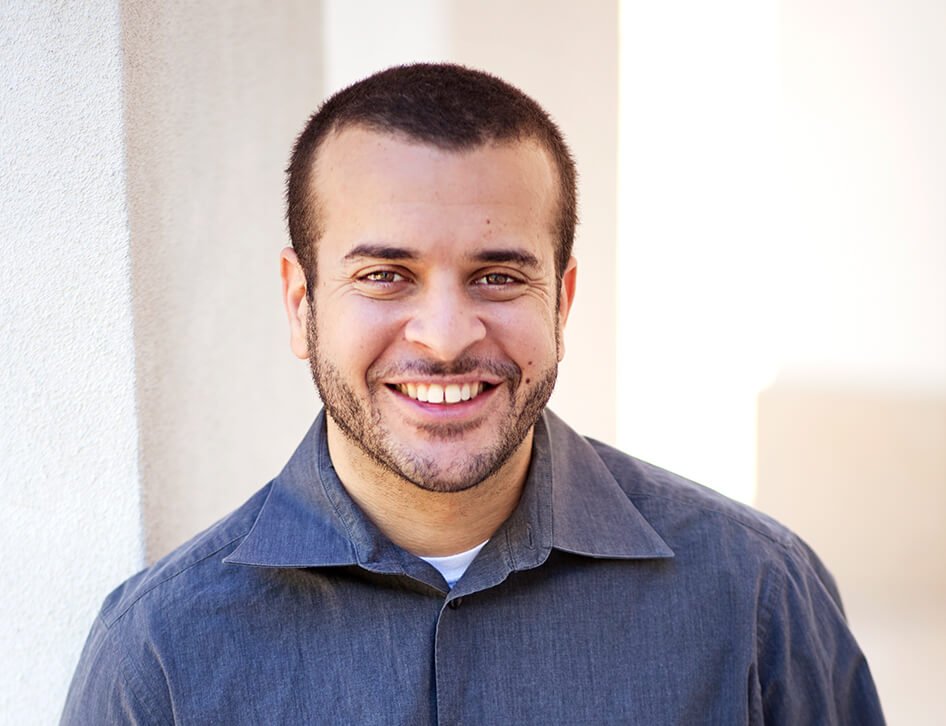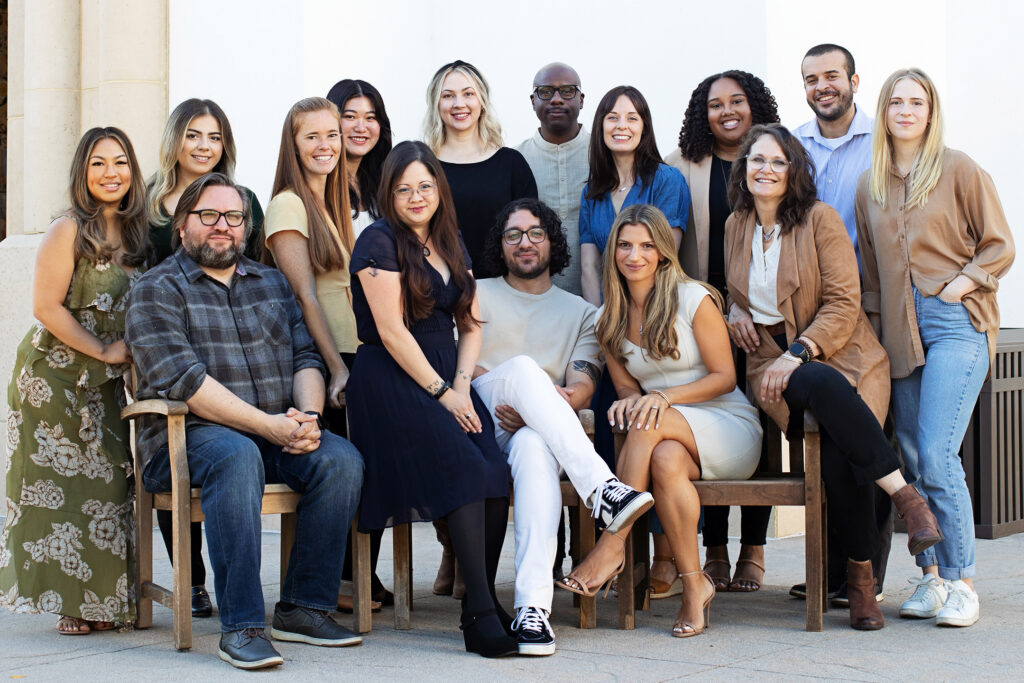Gifted Testing in Simi Valley, Ca
You feel your child may be gifted and you want to make sure they are getting the support they need. Get Started NowYou love how passionate your child gets when interested in a particular subject.
How in depth he likes to pursue learning about what interests him. Perhaps your child is advanced in history, math, or another subject. Yet, despite this clear intellect, school often appears tedious. While things seem to come easy, engaging in homework is like pulling teeth. Your child complains of repetition, ‘boredom,’ and may just flat out refuse to complete schoolwork.
Perhaps you notice your child struggles to move on from imperfect details. This can make school work or projects seem overwhelming and full of difficult emotions.
In some cases, a gifted child may excel in a very specific skill set or subject, and in other cases, a gifted child may display strong capability more generally, in areas such as intelligence or academics.
At Simi Psychological Group, we provide comprehensive assessments for intellectual and academic giftedness.
They can have a hard time tolerating when something feels difficult for them. With different interests and thought patterns, these children may also find it difficult to connect with others their age and maintain friendships.
What is “Giftedness?”
Giftedness refers to a child whose capabilities in a particular area or areas far exceed what would be expected at his/her age. This is different from being “above average” or “bright.” Instead, giftedness generally refers to children who perform in the top 2.5 percent of their age group in at least one area.
Giftedness does not look the same from individual to individual. This makes sense, of course, when we consider a person can be gifted in different areas. However, there are some common characteristics in gifted individuals.While a gifted child will not display all of these, they are likely to display several of these characteristics.
HERE ARE SOME COMMON CHARACTERISTICS OF GIFTED CHILDREN:
Cognitive
Gifted children are often able to make unique connections. They may display a seemingly limitless curiosity and ask questions to achieve a deeper understanding of a subject.
Gifted children tend to have a strong desire to pursue knowledge and understanding. They become engrossed in particular subjects or projects. These interests may change over time and as they do, the same intense level of interest may be present.
Cognitive
Gifted children are often able to make unique connections. They may display a seemingly limitless curiosity and ask questions to achieve a deeper understanding of a subject.
Gifted children tend to have a strong desire to pursue knowledge and understanding. They become engrossed in particular subjects or projects. These interests may change over time and as they do, the same intense level of interest may be present.

Academic
Rote or repetitive tasks are often met with resistance or indifference. As such, it is common for grades not to necessarily reflect a child’s giftedness, usually due to resistance completing uninteresting or repetitive coursework.
Additionally, gifted children often display ‘uneven’ skills. They may excel in certain areas, but struggle in others. This unevenness can be present not just in academics, but across many areas of their development.
Social-Emotional
Socially, some gifted children may struggle to relate to children their age. They may find it easier to relate and connect with adults. Some gifted children prefer to engage in discussions and debate while being less interested in play. They may become overly competitive in play and may display rigidity with peers. Additionally, gifted children often seem less concerned with the opinions of others and sometimes struggle to build friendships. However, this is not necessarily the case. Oftentimes, gifted children may appear very engaging and influential in their peer circle.
Social-Emotional
Socially, some gifted children may struggle to relate to children their age. They may find it easier to relate and connect with adults. Some gifted children prefer to engage in discussions and debate while being less interested in play. They may become overly competitive in play and may display rigidity with peers. Additionally, gifted children often seem less concerned with the opinions of others and sometimes struggle to build friendships. However, this is not necessarily the case. Oftentimes, gifted children may appear very engaging and influential in their peer circle.

Here’s what an assessment for intellectual and academic giftedness entails:
Clinical Interview:
The first portion of an assessment for giftedness involves a structured clinical interview with the child’s parents. This interview covers a range of topics including early development, current areas of strength, and current concerns.
Cognitive Assessments including IQ Testing:
A key component of a neuropsychological assessment for giftedness is evaluating a child’s cognitive capacity. This portion of the assessment includes an IQ test, as well as several additional tests that serve to paint a picture of a child’s intelligence. Specific areas of cognition that are evaluated include, general intelligence, memory, reasoning, processing speed, and visual spatial abilities. Abstract thinking, conceptual thinking, and verbal skills are also assessed.
Academic Assessments:
Academic assessments are also administered. By participating in a comprehensive academic evaluation, specific areas in which a gifted child may excel can be identified. Additionally, areas of struggle are also identified. Interestingly, ‘struggle’ for a gifted child may mean performing in the expected range on a given subject.
Many gifted children may present as having significant frustration or difficulty in a particular subject. Oftentimes, their performance on this subject is within what is expected for their age, but far below their skills in other areas, which can lead to frustration or resistance to engaging in this area.
Social-emotional Assessments:
Another component of gifted testing is social-emotional testing. This portion relies largely on questionnaires and clinical interviews with parents and teachers. It is important to understand a child’s emotional development, social relationships, and overall adaptive functioning within the context of assessing for giftedness.
Detailed Report with Individualized Findings and Recommendations:
At the conclusion of the gifted testing process, the results are carefully interpreted and described in a detailed report. Parents (and the child depending on age) participate in a feedback session to discuss the results and recommendations going forward.
If a child indeed displays a performance indicative of giftedness, several recommendations may be appropriate. These can include exploring schooling options more compatible for gifted children, recommendations for a child’s current school setting to meet the child’s needs, and recommendations for parents as to strategies and services to best support their child’s growth and development.
Who is a good fit for Gifted Testing in Simi Valley, Ca?
More About Simi Psychological Group
Dr. John Danial
Licensed Psychologist PSY 29170
Our practice works from a systems perspective.
Where and When Can I schedule an Gifted Testing in Simi Valley, Ca
Our office is conveniently located at:
3695 Alamo St. Suite 103
Simi Valley, CA 93063.
We also serve Moorpark, Thousand Oaks, Agoura Hills, Northridge, Porter Ranch, and the surrounding communities.
Business hours and availability are dependent on the provider.
Your Next Steps
Gifted Testing will help you better understand your child and help them excel moving forward.
And they’ll also bring clarity to the questions you have had for so long. Ultimately, knowing the answers will provide you with a sense of peace that comes from finally having a plan. We can help.



